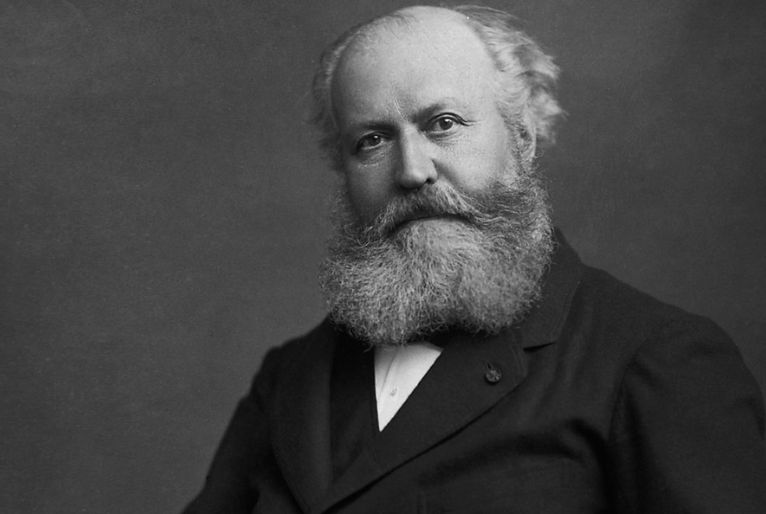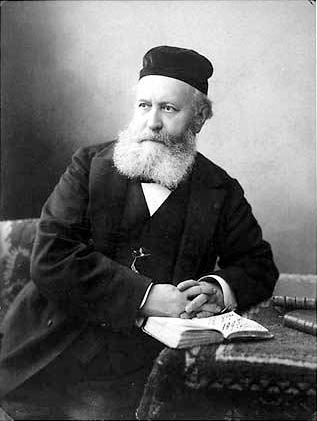Charles Gounod, a luminary of 19th-century French music, graced the world with his enchanting melodies and profound compositions. Born on June 17, 1818, in Paris, France, Gounod demonstrated his musical prowess from an early age, receiving formal training at the Paris Conservatoire.
His journey to musical prominence was marked by a blend of innovation and reverence for tradition. Gounod’s works traversed various genres, from operas and symphonies to sacred music and art songs. His operatic masterpiece “Faust,” inspired by Goethe’s legendary tale, remains a cornerstone of the operatic repertoire, celebrated for its lyrical beauty and dramatic depth.
- Early Life: Charles Gounod was born on June 17, 1818, in Paris, France, into a musical family. His father was a talented painter, and his mother was a pianist.
- Musical Education: Gounod began studying music at an early age, receiving lessons in piano, violin, and composition. He entered the Paris Conservatoire at the age of 18, where he studied under famous composers such as Anton Reicha and Fromental Halévy.
- Operatic Success: Gounod achieved widespread fame with his operas. One of his most famous works is “Faust,” based on Goethe’s tragic play, which premiered in 1859 and became an instant hit.
- Religious Works: Despite his success in opera, Gounod also composed religious music. His sacred compositions, including his St. Cecilia Mass and Ave Maria, are revered for their beauty and spirituality.
- Influence of Bach: Gounod was greatly influenced by the music of Johann Sebastian Bach. His best-known adaptation is his setting of the Ave Maria, which is based on the Prelude No. 1 in C major from Bach’s “The Well-Tempered Clavier.”
- Residence in England: Gounod spent a significant portion of his life in England, where he enjoyed popularity among British audiences. He composed several works during his time there, including the oratorio “Redemption.”
- Academic Recognition: In addition to his success as a composer, Gounod was also recognized for his academic contributions. He was appointed as a member of the Académie des Beaux-Arts in 1866.
- Prolific Composer: Over the course of his career, Gounod composed a wide variety of music, including operas, oratorios, masses, symphonies, and chamber music. His output demonstrates his versatility and skill across different genres.
- Personal Life: Gounod married Anna Zimmerman, the daughter of a Russian diplomat, in 1852. The couple had one son, Jean, who later became a well-known architect.
- Legacy: Charles Gounod’s music continues to be performed and admired worldwide. His melodic style, lyrical sensibility, and harmonic richness have ensured his lasting legacy in the annals of classical music history.
These facts offer a glimpse into the life and contributions of Charles Gounod, a composer whose music continues to enchant audiences centuries after his time.


Comments are closed